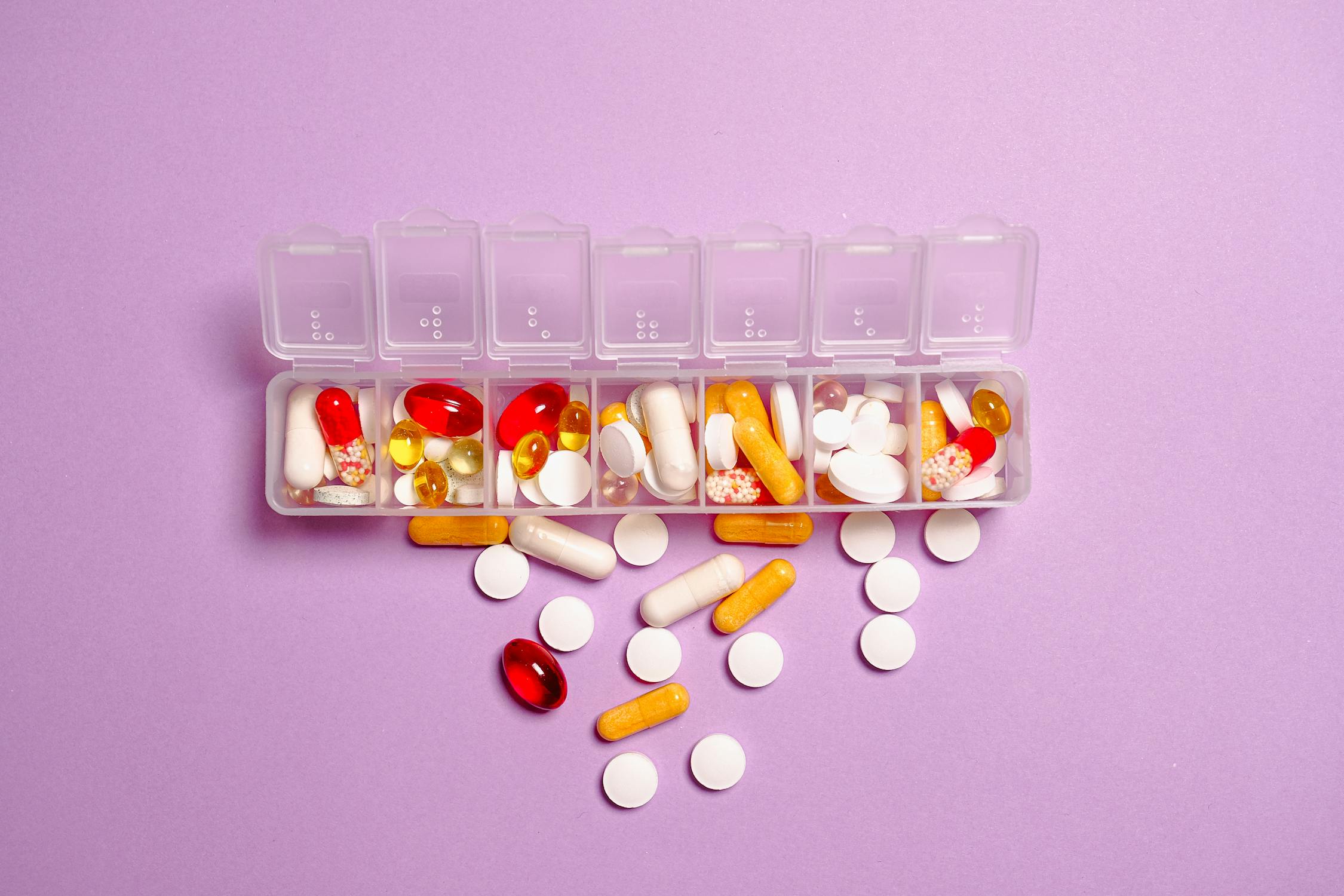The connection between your gut and your brain is one of the most fascinating frontiers in modern health science. Far from being separate systems, these two vital organs constantly communicate in ways that significantly impact your mood, behavior, and overall mental wellbeing.
The Second Brain in Your Gut
Your digestive system houses what scientists call the enteric nervous system (ENS)—a complex network of more than 100 million nerve cells lining your gastrointestinal tract. This "second brain" doesn't process complex thoughts, but it does communicate directly with your central nervous system and plays a crucial role in your emotional state.
This bidirectional communication system, known as the gut-brain axis, operates through several pathways:
- The vagus nerve: The primary connection between gut and brain, transmitting signals in both directions
- Immune system signaling: Gut inflammation can trigger immune responses that affect brain function
- Neurotransmitter production: Many key brain chemicals are produced in the gut
- Microbial metabolites: Compounds produced by gut bacteria that can influence brain activity

The gut-brain axis is a bidirectional communication network connecting these two vital systems.
Your Microbiome: The Community Within
Central to gut-brain communication is your microbiome—the vast ecosystem of bacteria, fungi, viruses, and other microorganisms living in your digestive tract. These trillions of microbes don't just help digest food—they produce neurotransmitters, influence immune function, and affect your brain in numerous ways.
Neurotransmitter Production
Perhaps most surprisingly, gut bacteria produce many of the same neurotransmitters that regulate your mood:
- Serotonin: About 90% of your body's serotonin—the "happiness hormone"—is produced in your gut
- GABA: This inhibitory neurotransmitter helps control feelings of fear and anxiety
- Dopamine: The reward and pleasure chemical that also regulates motivation
"The gut microbiome affects the brain's physiological, behavioral, and cognitive functions through immune, endocrine, vagal, and other direct and indirect pathways. A healthy microbiome is now recognized as vital for optimal brain development and function."— Dr. Jane Foster, Neuroscientist at McMaster University
Gut Health and Mental Health
The connection between gut and mental health is becoming increasingly clear through research:
Depression and Anxiety
Multiple studies have found correlations between gut microbiome composition and mental health conditions. People with depression often show different bacterial profiles than those without, and certain probiotic strains have shown promise in reducing anxiety and depressive symptoms.
Stress Response
Your gut microbiome influences how you respond to stress. When stressed, your body releases cortisol, which can alter gut bacteria composition, potentially creating a feedback loop where gut dysbiosis further impairs stress resilience.
Cognitive Function
Emerging research suggests connections between gut health and cognitive abilities like memory and concentration. Some studies have found associations between microbiome diversity and cognitive performance.

Fermented foods can help support a diverse and healthy gut microbiome.
Supporting Your Gut-Brain Health
Based on current research, several strategies may help optimize your gut-brain connection:
Dietary Approaches
What you eat directly shapes your microbiome:
- Fiber-rich foods: These feed beneficial bacteria and help them produce short-chain fatty acids that protect the gut barrier
- Fermented foods: Yogurt, kefir, sauerkraut, and kimchi introduce beneficial bacteria directly
- Omega-3 fatty acids: Found in fatty fish and flaxseeds, these reduce inflammation that can disrupt the gut-brain axis
- Polyphenol-rich foods: Berries, dark chocolate, and green tea contain compounds that feed beneficial gut bacteria
Lifestyle Factors
Beyond diet, several practices support gut-brain health:
- Stress management: Practices like meditation and yoga may help maintain a healthy gut-brain axis
- Regular exercise: Physical activity appears to increase microbiome diversity
- Adequate sleep: Poor sleep can negatively impact gut bacteria composition
- Limiting antibiotics: When not medically necessary, avoiding antibiotics helps preserve microbiome diversity
Key Takeaways
- Your gut and brain communicate continuously through multiple pathways, affecting mood and mental health
- Gut bacteria produce many of the neurotransmitters that regulate emotions
- Research links microbiome composition to depression, anxiety, and stress resilience
- Diet, stress management, exercise, and sleep all influence gut-brain health
- The emerging field of psychobiotics—targeting mental health through the microbiome—holds promising therapeutic potential



